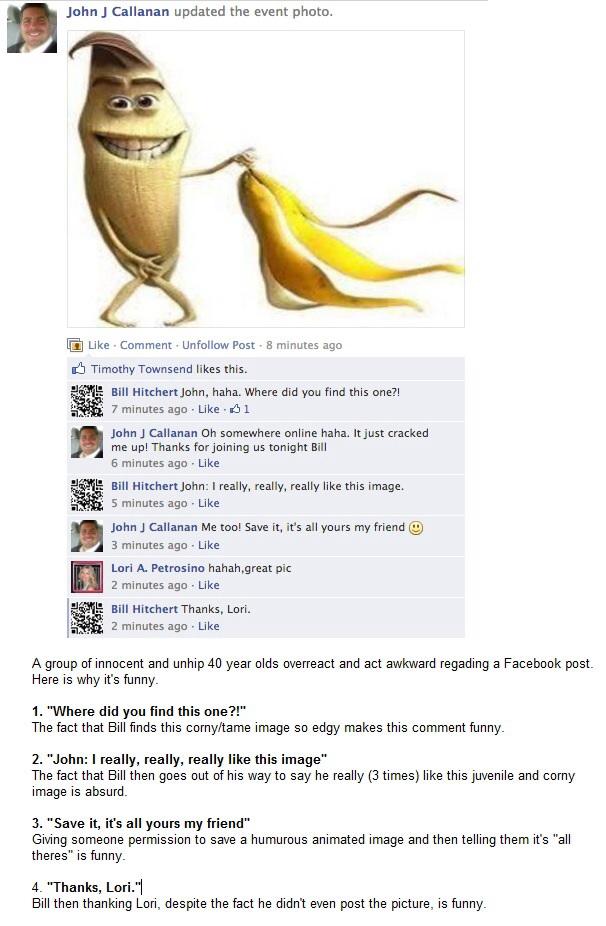About
Brandjacking is the act of sabotaging a commercial or political social media campaign by re-appropriating the message out of its original context or objective. While this practice shares some common elements with threadjacking, brandjacking can be distinguished by its anti-commercial and subversive nature, as it is most often used in cases of online vigilantism or boycott campaigns.
Origin
The term “brandjacking,” a portmanteau that consists of “branding” and “hijacking,” was coined by the U.S. brand protection software company MarkMonitor for its product BrandJacking Index®, a quarterly report that measures the effect of online threats to branded entities. The word made its first appearance in print in a Business Week article titled “Brandjacking on the Web,” published on May 1st, 2007.
Threadjacking
Brandjacking is similar in concept to the longer-running practice of threadjacking, or making a deliberate attempt at steering a forum discussion thread away from the original topic by bringing up an irrelevant topic, usually one that is more provocative.
Spread
Throughout the late 2000s, the term continued to gain momentum mainly through its increased usage in the context of marketing strategies and public relations, though by early 2010, several different “brandjacking” tactics had become embraced as popular tactic s for ad-hoc protests and boycott campaigns by 4chan pranksters, hacktivists and political activists in the social media.
Notable Examples
Poll Rigging
Send Justin Bieber to North Korea
Justin Bieber to North Korea is an Internet prank orchestrated by users of the imageboard 4chan in June 2010, which aimed to rig an online poll to select North Korea as a destination in Justin Bieber’s “My World” tour.
#IWantRepeal
On June 7th, 2012, with the U.S. Supreme Court’s ruling on President Obama’s health care law less than a month away, National Republican Congressional Committee (NRCC) unveiled a social media campaign using the hashtag #IWantRepeal. At first, the hashtag campaign against the healthcare bill seemed to be taking off with valid signatures, but shortly after its launch, the political news blog Wonkette published an article titled “Everyone Must Spam GOP’s Anti-Healthcare Reform Livestream Thing Immediately,” which apparently inspired its readers to visit the NRCC’s blog and spam the printer with irreverent signatures. Soon enough, the petition came under the invasion of trolls who sought to derail its message by submitting fake signatures, which were then printed onto the paper and streamed in real time.
#ExilePitBull
#ExilePitbull is an online petition launched in July 2012 with a mission to send rapper Pitbull to the small town of Kodiak, Alaska, as part of his promotional campaign for the Sheets energy strips in which he pledged to visit and perform at any Walmart store that received the most votes in an online poll.
Dub The Dew
Dub the Dew was an online contest to name a new green apple-infused Mountain Dew drink on the website DubTheDew.com. In August 2012, the contest was raided by 4chan users who flooded the poll with joke names and subsequently hacked the website’s front page.
Operation Kinder
Operation Kinder was a prank orchestrated by members of 4chan who encouraged other posters to vote for a child model nicknamed “Victor” in an online contest launched by the Italian confectionery company in November 2012 to choose an image of a child model to be displayed on the boxes of Kinder chocolate bars in Kazakhstan.
Taylor Swift’s Biggest Fan Contest
Taylor Swift’s Biggest Fan Contest was an online voting contest by the Boston radio station Kiss 108 FM giving away a chance to meet the American singer-songwriter Taylor Swift. In July of 2013, the contest became the target of an online raid by users of the imageboard 4chan.
Cybersquatting
@Qwikster
When Netflix announced it was splitting their company and renaming the DVD service to Qwikster, they neglected to notice that the Twitter handle was already in use. As a result, hundreds of Twitter users began following @Qwikster, unaware that it was the personal account of Jason Castillo and not affiliated with Netflix. Though Jason Castillo had not updated his Twitter since August 16th, 2011, he logged in again on September 19th, 2011. In a tweet that has since been deleted, he announced he had over 3120 followers and had received three offers to buy his handle. His avatar was originally a caricature of Elmo smoking, but Castillo has since changed it to a stylized Barcelona Football Club logo. Over the next day, he made several tweets referencing Netflix and selling his account but by the afternoon of September 20th, 2011, they had all been deleted.
WHMCS
On May 21st, 2012, members of UGNazi impersonated British billing company WHMCS’ creator and lead developer Matt Pugh to obtain access codes to the company’s servers, which they used to temporarily take the site offline, delete important data and hijack the company’s Twitter account.
Westboro Baptist Church Facebook Page
On April 17th, 2013, Redditor grink submitted a post titled “Westboro Baptist Church’s Facebook Page Hacked by Anonymous” to the /r/funny subreddit, featuring screenshots of a Facebook page titled “Westboro Baptist Church” with a logo associated with the hacker group Anonymous. In the first three months, the post gained over 5,700 up votes and 250 comments.
Hashtag Hijacking
#McDStories
#McDStories was a promotional Twitter hashtag created by fast food chain restaurant McDonalds in mid-January 2012. McDonalds hoped that users would use the hashtag to share fond memories but consisted mostly of criticism and general negativity.
#AskJPM
#AskJPM was a promotional hashtag launched by the American multinational banking company J. P. Morgan to provide college students an opportunity to communicate directly with a senior executive in November 2013. However, upon its launch, the hashtag was immediately hijacked by Twitter users criticizing and mocking the company for its alleged unethical business practices.
#PotToBlame
#PotToBlame is a Twitter hashtag started by television personality Nancy Grace in a series of tweets vilifying the use of marijuana as a recreational drug. Upon its introduction in April 2014, days before the annual celebration of cannabis culture on April 20th, the hashtag was promptly hijacked by marijuana enthusiasts on Reddit and turned into a catchall term for sharing positive stories and inspirational messages.
#MyNYPD
#MYNYPD is a hashtag campaign launched by the New York Police Department in April 2014 as a community outreach program on Twitter. While intended as a feel-good social media event to boost the image of the NYPD, the hashtag stream quickly became flooed with photographs of its uniformed officers resorting to violence.
#WhyImVotingUKIP
#WhyImVotingUkip is a Twitter hashtag launched by the United Kingdom Independence Party (UKIP), a rising right-wing political party described by some as the British counterpart of the United States Tea Party, that was subsequently hijacked by the critics in May 2014.
#AskThicke
#AskThicke is a hashtag introduced by VH1 in order to solicit questions for a Q&A session with singer Robin Thicke. Upon its launch in mid-June 2014, it was quickly overtaken by Twitter users mocking and criticizing Thicke and his most popular song “Blurred Lines.”
#IfIWereABoy
#IfIWereABoy is a hashtag sign holding in which women reveal things they would do if they were of the male gender. Introduced by the pop culture blog Elite Daily in August 2014, what began as a discussion of gender roles was subsequently derailed into a campaign against male circumcision.
Parody Products
PETA’s Pokemon Black & Blue
Pokémon Black and Blue is a Pokémon parody videogame released by the animal rights organization People for the Ethical Treatment of Animals (PETA) in order to protest animal cruelty. The campaign asserts that the game highlights mistreatment and exploitation of the creatures by keeping them in Pokeballs, comparing it to how circuses keep elephants chained up except when performing.
Let’s Go Arctic!
Let’s Go! Arctic is a mock advertising campaign created by Greenpeace and The Yes Men in June 2012. The hoax consisted of an elaborately staged gaffe at a fake event arranged on behalf of Shell Oil Company, a mock website purported as the company’s social media hubsite and a fake press release alleging that Shell’s lawyers are considering legal actions against the involved parties.
Dumb Starbucks
Dumb Starbucks is the name of a coffee shop that opened in Los Feliz, California as a parody of the American global coffeehouse chain Starbucks. Upon its opening in February 2014, the store gained much notoriety online after photographs of the storefront began circulating on various social media sites.
LEGO: Everything Is NOT Awesome
On July 8th, 2014, Greenpeace uploaded a YouTube video titled “LEGO: Everything is NOT awesome” which featured a model of the arctic built with LEGOs. As oil, which came from Shell oil company, began to cover the model the Lego Movie song “Everything Is Awesome” played in a minor, and thus somber key. The video called for those watching to encourage LEGO to end its partnership with Shell. The video was covered by many websites including The Guardian and Forbes. In less than a week the video gained over 3.1 million views.
Search Interest
[not yet available]
External References
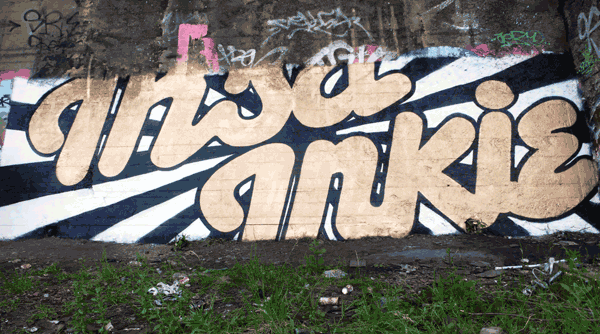
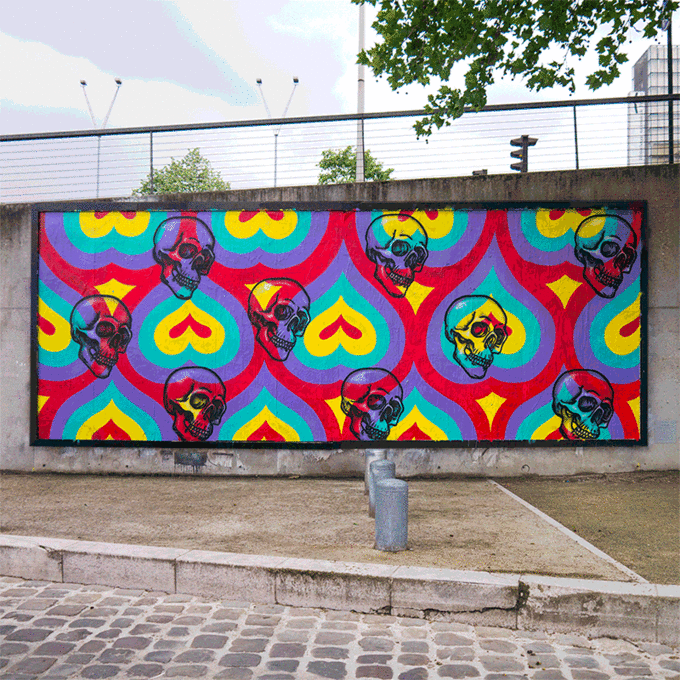
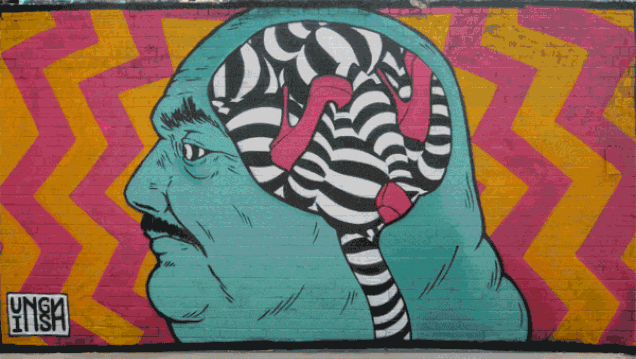
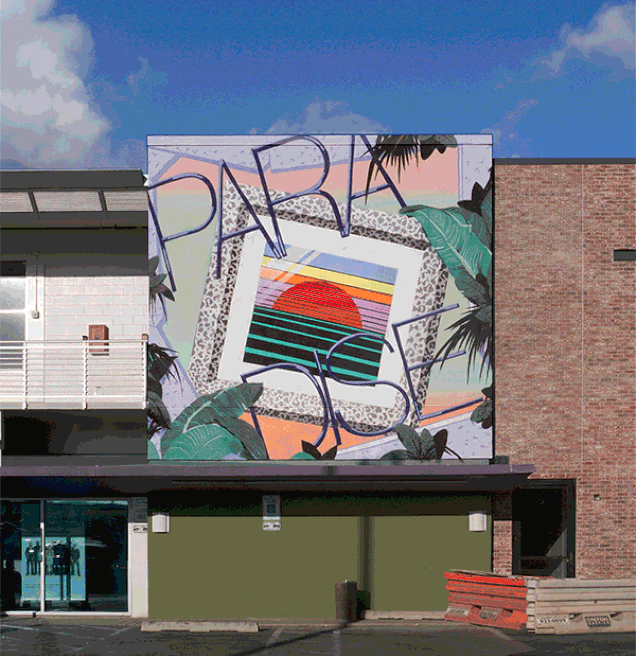
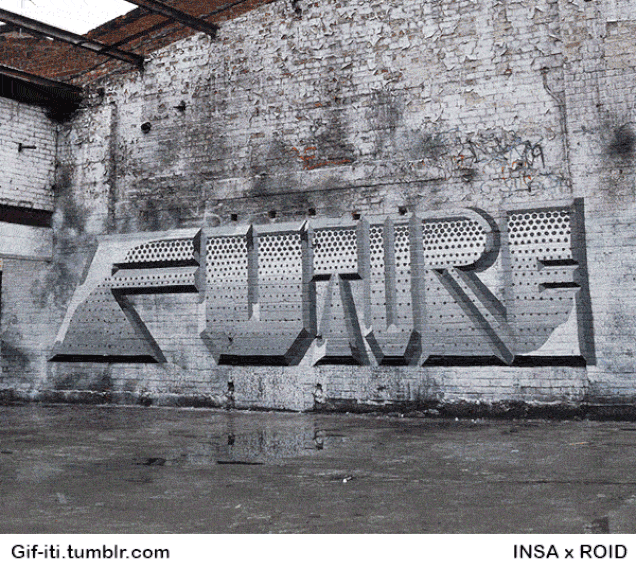
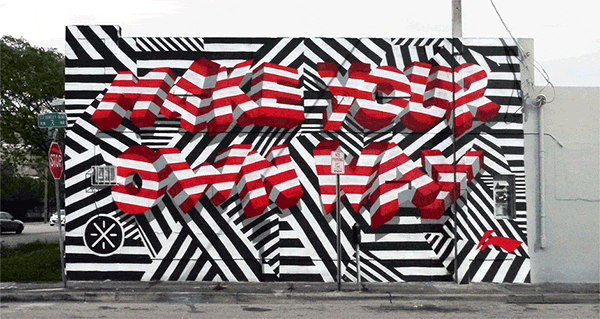
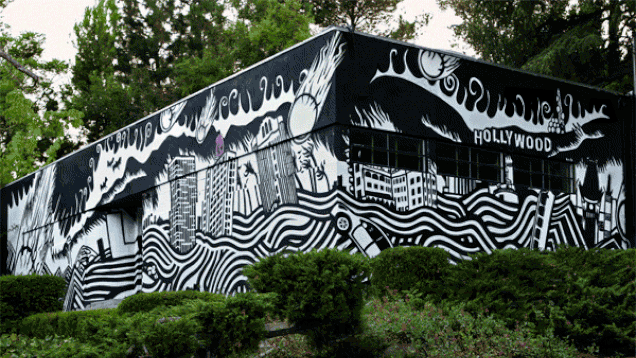
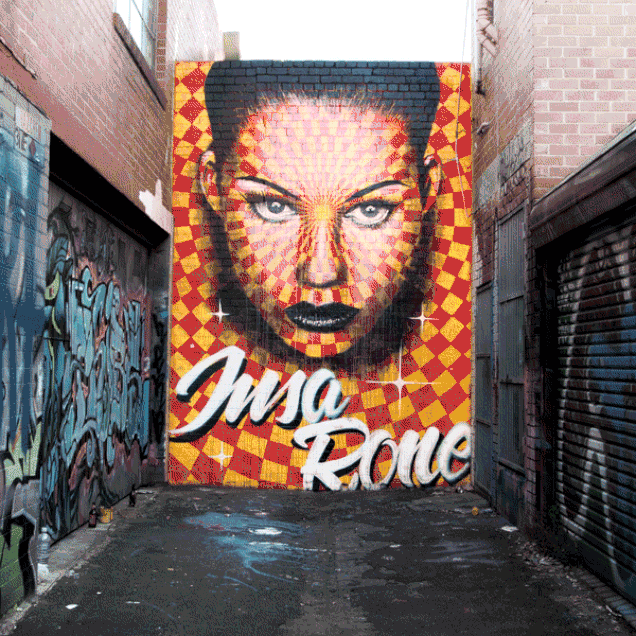
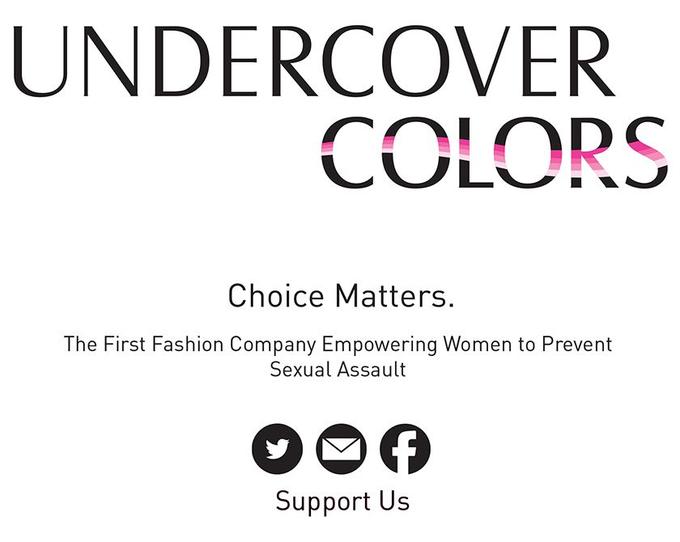

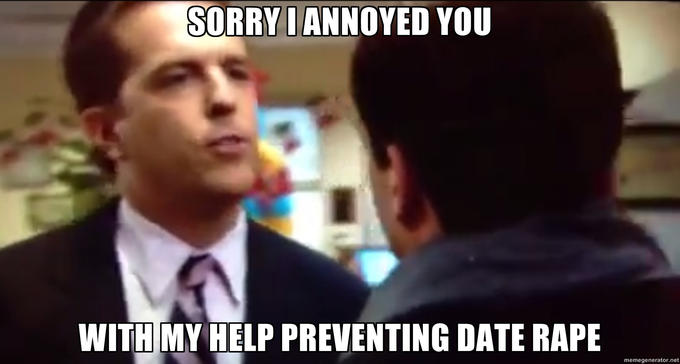

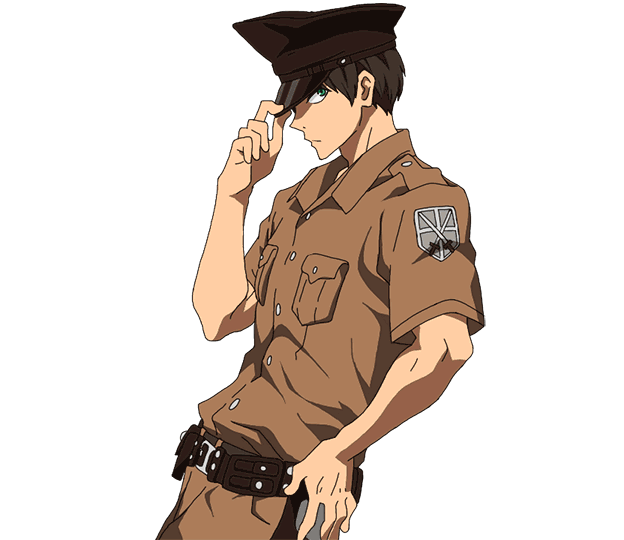



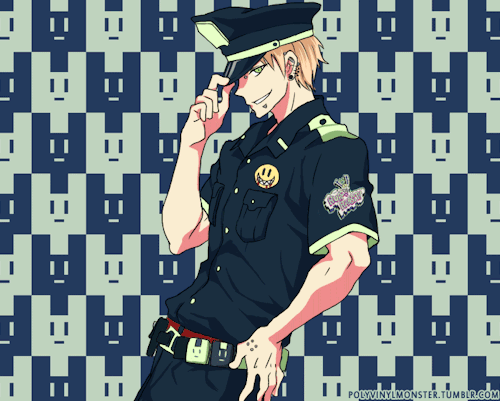


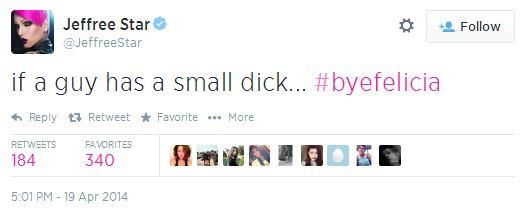
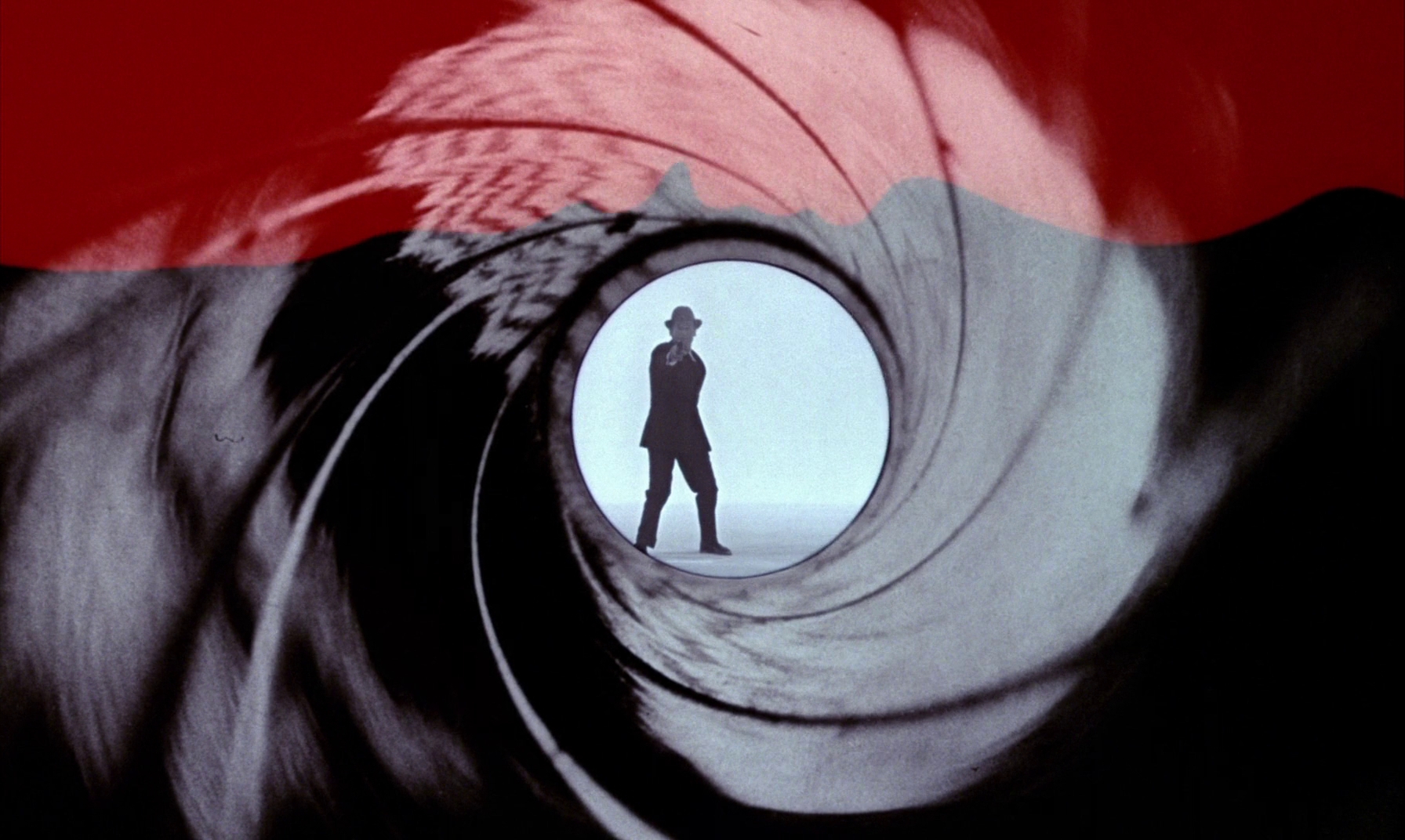



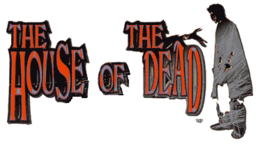








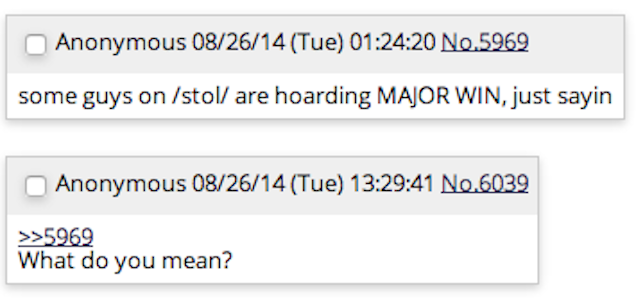


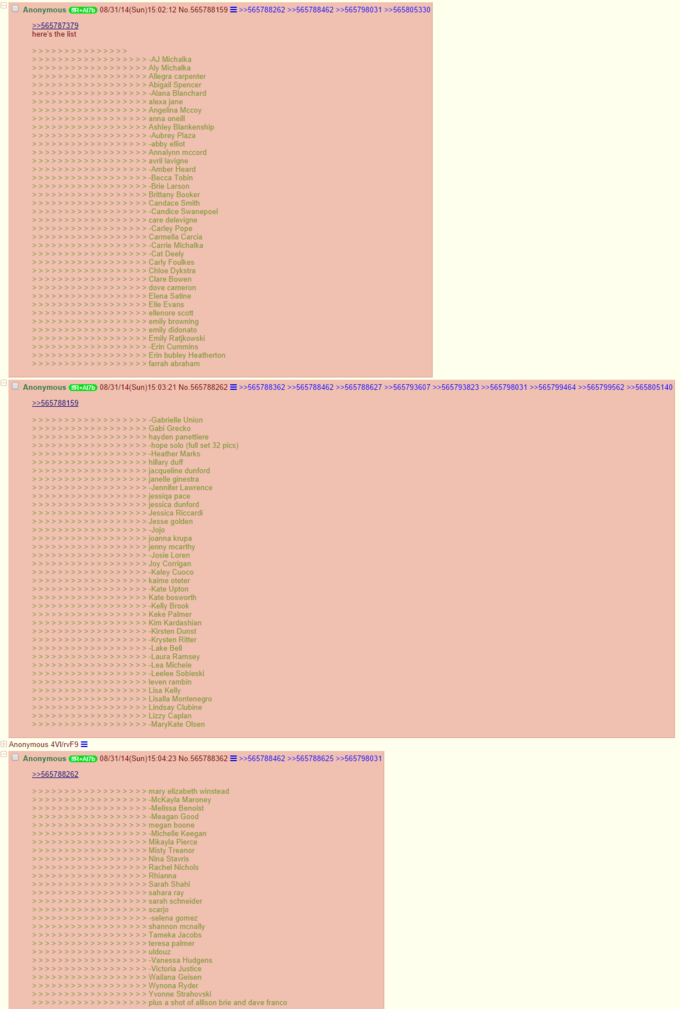


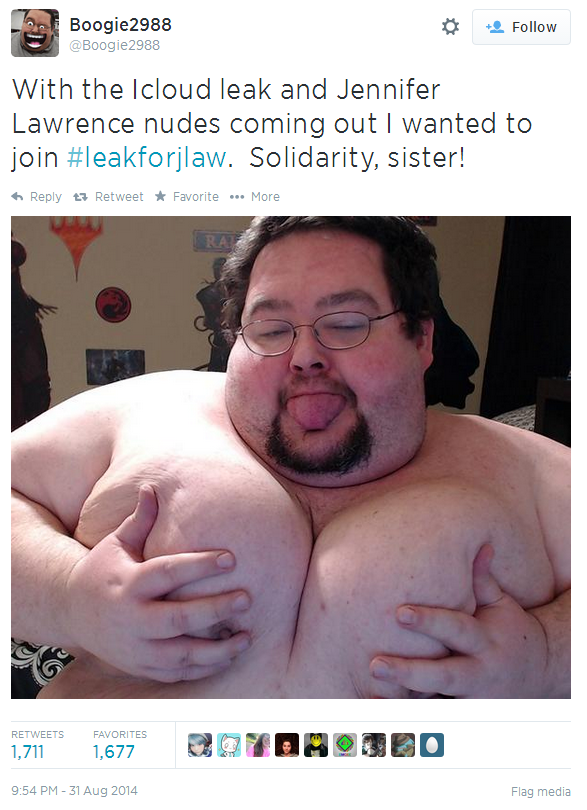
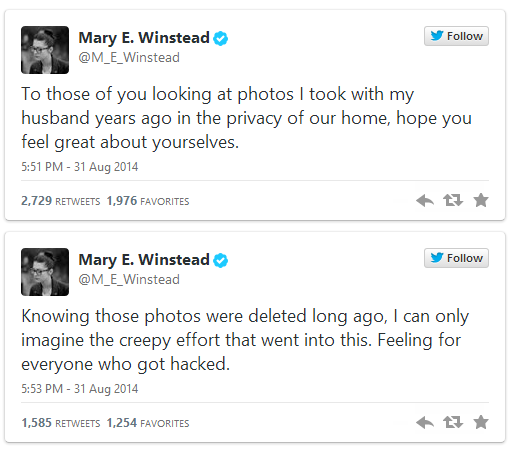



 ”
”




